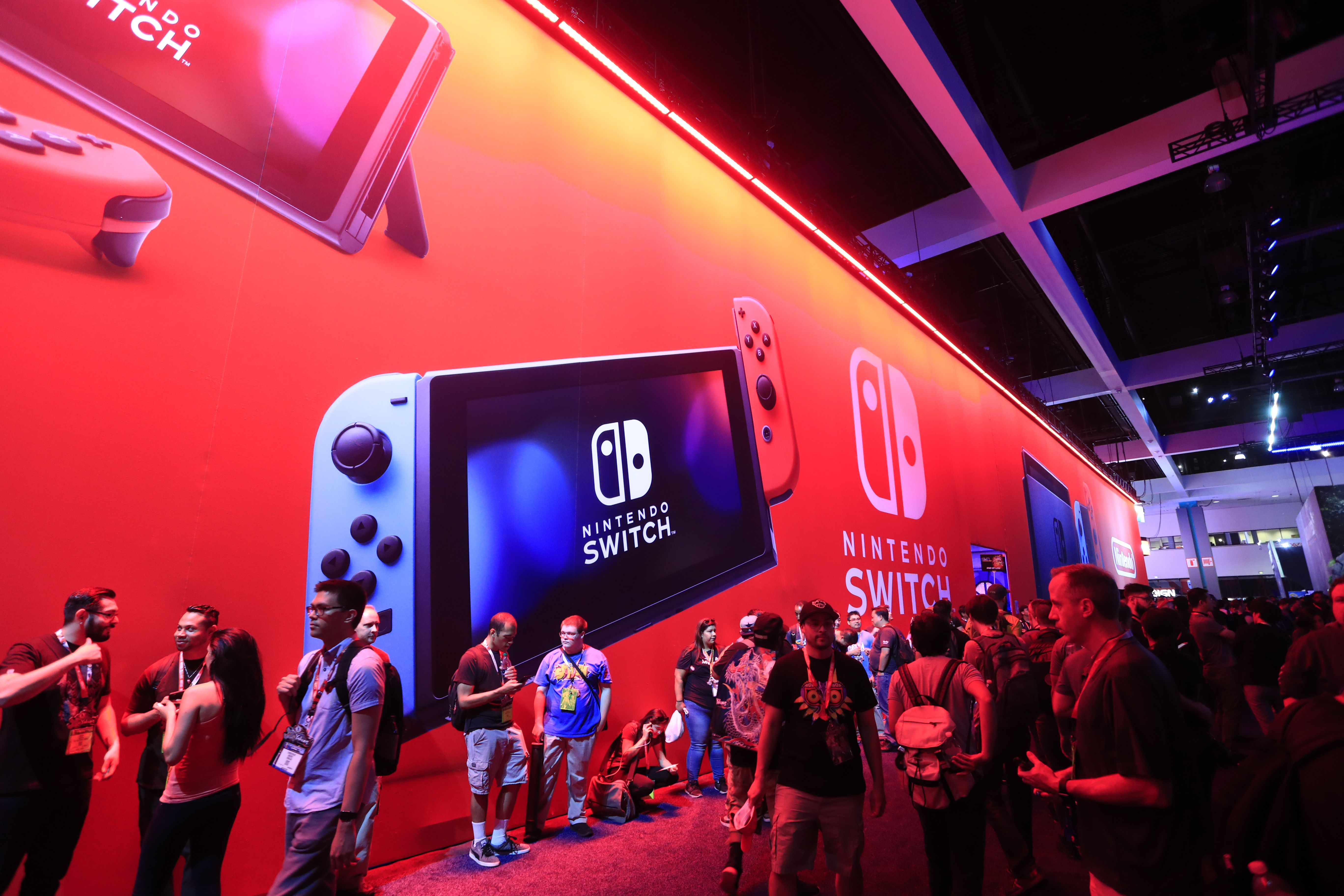E3 Evolves to Welcome More Consumers as Well as Video-Game Industry Insiders
By Brian Crecente
LOS ANGELES (Variety.com) – E3 is evolving, shifting from a boisterous, over-the-top, elite celebration of all things video games to a less concentrated version of itself, more open to the public — and less worried about insider access.
It’s a shift the $36 billion game industry isn’t just embracing but helped instigate, fueled by a desire to use the show to better connect more directly with its players.
Last year, opened its doors to the public for the first time, and quickly sold out its 15,000 public tickets. This year the show, which runs June 12-14 at the L.A. Convention Center, will again offer 15,000 of its 65,000 tickets to the public, and all are expected to be snapped up.
“Opening up the doors to consumers was a watershed moment,” said Dan Hewitt, vice president of media relations for the Entertainment Software Assn., and the show’s director. “E3 used to be a very retail-oriented, packaged-goods event. Now it’s much broader. You see that reflected in our attendee list, which includes Twitch streamers and YouTube celebrities. And our exhibitor list now includes a huge number of mobile and social titles, augmented reality, virtual reality and mixed reality games.”
The show is also no longer confined to the Convention Center: E3-related events will take place at a host of venues, from nearby L.A. Live to the Hollywood Palladium. The pivot from exclusively insider to open to the public, Hewitt said, is one driven as much by the industry as it is by the fans of gaming and the media covering it.
“There has been a shift in how news is produced, delivered and consumed,” he said. “If we were running the same trade show we ran 10 years ago, we wouldn’t see the energy and excitement we see today.”
Phil Spencer, executive vice president of gaming for Microsoft, says the evolution of the show has turned the event into a “key moment for fans and major announcements for the year.”
Nintendo of America president Reggie Fils-Aimé noted that fan involvement is what makes E3 special. “The business deals will always get done and the press will always get their news,” Fils-Aimé said, “but it’s most rewarding to see the pure joy on the face of fans when they walk into our booth for the first time.”
In broadening the show, E3 has created a stand-alone event at L.A. Live in which Hollywood luminaries share the stage with video-game developers to discuss a variety of topics. This year’s guests include actor-producers Jack Black and Elijah Wood and director Joe Russo.
“E3 is not just a cultural touchstone for video games but still very much where the world looks to see what’s next in terms of entertainment,” Hewitt said. “It’s not just video games but film, TV and music.”
As the show has gone public, so too have big developers, hoping to more directly reach their audiences.
While and still hold extravagant press conferences in the days leading up to E3, Nintendo relies on live-streaming its announcements through the likes of YouTube and Twitch. The company also is hosting a number of e-sports championships for its games “Splatoon 2” and “Super Smash Bros.” that don’t require E3 tickets to attend.
Microsoft hosts a fan event too, and Electronic Arts no longer shows up to the E3 floor at all, instead hosting an event on the Saturday before the show.
“We’ve taken the approach that we want to celebrate this moment with our players, and it’s important the experience is accessible and free,” chief studios officer Laura Miele said.
Miele noted that players’ level of engagement has risen, resulting in a deeper connection between game makers and gamers. “Players want to invest more time in games than ever before,” she explained, “and they want to play a larger role in shaping their experiences within games.”

